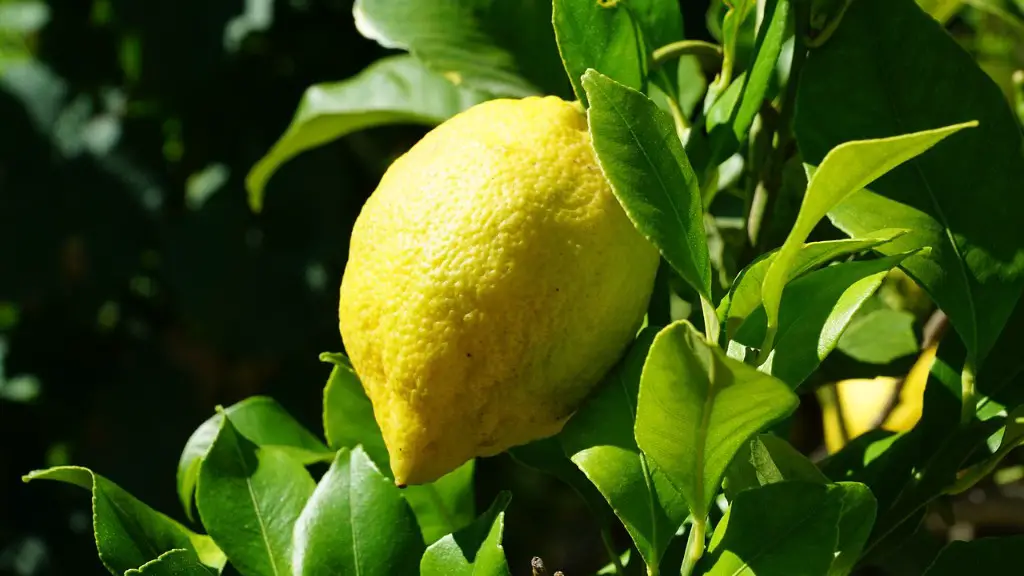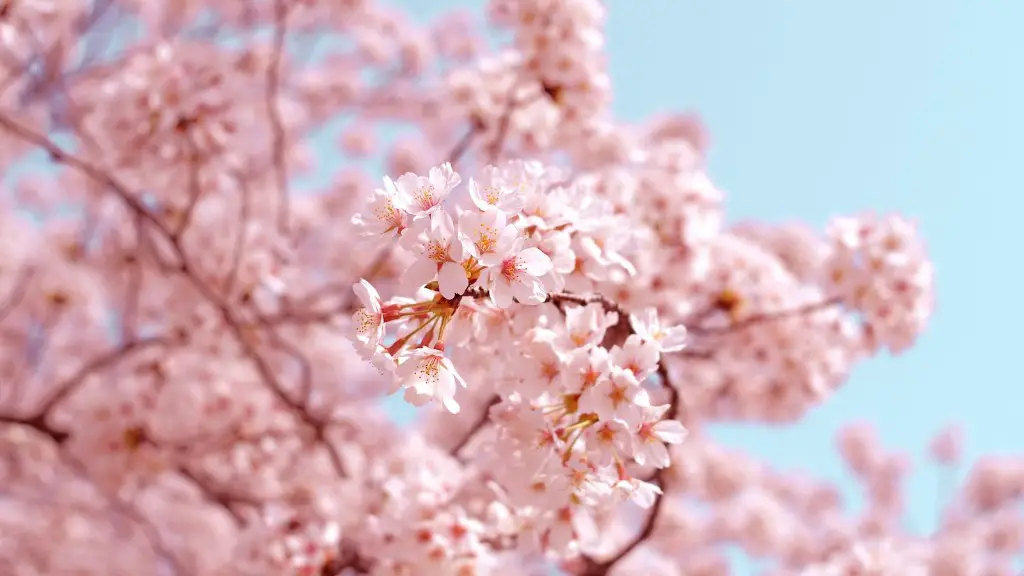Meyer lemon trees are well-loved citrus trees due to their compact size and fragrant, delicious fruits. Since Meyer lemons can survive outdoors even in cold winters, many people have one growing in their yard. If you’re lucky enough to have a Meyer lemon tree, proper care can dramatically improve your tree’s health and productivity. Here’s a guide on how to care for one outdoors.
Location is key in ensuring your tree’s vigorous growth. Meyer lemon trees thrive in full sun with at least six to eight hours of direct sunlight a day. Choose an area in your yard that’s wind-sheltered and has good access to its light source. Additionally, Meyer lemons prefer soil that’s organically rich. Clay and sandy soils mixed with compost and manure create an ideal growing medium for your tree.
Water your Meyer lemon tree only when the soil feels dry to the touch. During the summer months, you may need to water more frequently compared to colder months. Always water slowly, ensuring that the soil is thoroughly saturated and that any rain water is allowed to sink in rather than run off.
For optimal growth, Meyer lemon trees will require periodic fertilization. You may begin with a soluble citrus fertilizer and eventually switch to an organic granular variety, as this will give your trees a long-lasting supply of nutrition. Fertilize during winter and summer months and reduce application during autumn and spring, when the tree is resting.
With fruit trees, it’s important to plan ahead. Pruning can accomplish two things: regulating size and encouraging growth. For the Meyer lemon tree, wait until the flowering season to prune. Cut away any weaker, diseased, dead or crossing branches. This procedure helps to improve air flow, which aids in reducing the chance of fungal infection.
Lastly, keep an eye out for pests. Citrus trees, though hardy, are vulnerable to insect pests. Spider mites, citrus whiteflies and scale will attack if given the chance. Insecticidal soap often suffices for smaller cases of infestations, while heavier cases require chemical sprays. Always follow manufacturer instructions when spraying.
Pollination
Remember that most fruit trees, Meyer lemons included, require pollen to grow fruits. If you’re growing a dwarf variety, it’s likely that the tree’s self-pollinating. But if you have a full-sized tree, your Meyer lemon will need a pest to transfer pollen. That’s why it’s handy to have other citrus trees nearby, as they can fill this role. If not, you can attract pollinating insects, like bees, with the help of aromatic flowers and herbs near the lemon tree.
Harvesting
When your tree starts producing lemons, don’t be tempted to pluck them off prematurely – this will stunt the growth of future fruits. Wait a few weeks for the lemons to fully ripen before harvesting. Also, make sure to pick off the fruits once they’ve reached their peak as over-maturing will hinder future lemons from growing.
Winter Protection
Meyer lemon trees are cold-hardy citrus trees, and in many climates, require no winter protection. But, if you experience extreme cold winter temperatures, you may need to provide some extra protection. When cold winter bites, cover your tree with burlap sheets and place a fun heat lamp or a Christmas bright light nearby, in addition to adding extra mulch around the base of the tree.
Sunburn
Beneath that thick peel and juicy flesh, the lemon skin is composed of living cells and can get sunburned the same way our skin can. Therefore, sun exposure exceeding eight hours a day can badly damage your tree. Give your tree light shade or partial shade in the afternoon to protect it.
Regular Preventive Inspections
You’ve spent so much care on your lemon tree, so you’ll want it to enjoy a long and healthy life and remain productive. With a bit of tender loving care, you can avoid problems before they arise. Regularly check your tree’s leaves and fruits for black spots, brown patches, yellowing, wilting or other signs of distress. If you spot these signs, diligently inspect the tree before it’s too late.
Citrus Diseases
Citrus trees may fall victim to citrus diseases, like citrus canker and tristeza. Canker will lead to dark lesions forming on the surface of leaves, fruits and branches. While tristeza is almost always fatal, canker can be treated – immediate action is essential. Prune away any infected branches, then treat the tree with fungicide to ensure that the canker doesn’t spread.

